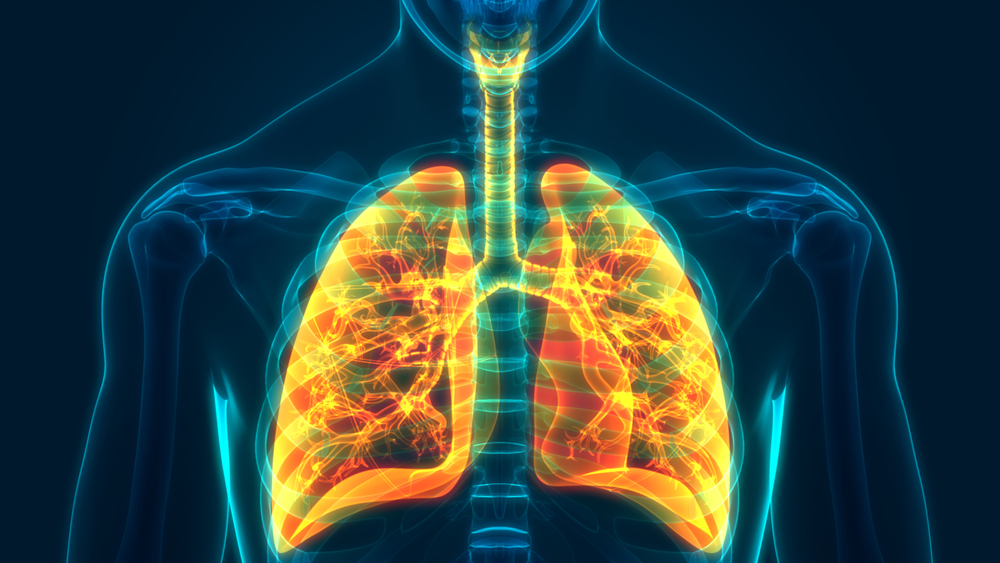Weill Cornell Medicine supports Assembly Bill A.1195 and Senate Bill S.2000A, which would eliminate patient cost sharing for recommended lung cancer screening and follow-up screening and diagnostic tests for asymptomatic individuals by all payers in New York, including Medicaid. The ability to detect lung cancer early can have a dramatic effect on survival. For non-small cell lung cancer, the most common lung cancer, the 5-year survival rate is 65% when found at a localized stage but only 9% when found at a distant stage. 70% of lung cancers detected through screening are found at an early stage. Unfortunately, in New York, only 31.0% of cases are caught at an early stage. Treating cancer at a late stage is also significantly more expensive than treating it at an early stage. Treating lung cancer at Stage 4 is 254% more expensive than treating Lung Cancer at Stage 1.
Research shows that required cost sharing – including co-pays, co-insurance, and deductibles – can be a significant barrier for individuals who need preventive services. This can be especially true among people with limited incomes for whom these payments can represent a significant percentage of their income. individuals are being charged when additional screening tests are recommended, such as after an abnormal screening or if supplemental screening is recommended for people who are above average risk. For a person being screened for lung cancer, this can include a charge for testing after an initial abnormal scan, such as needle biopsy, cytology, or bronchoscopy. The costs associated with follow-up testing as part of screening undermine the benefit of screening in reducing death from lung cancer, leaving people unscreened for cancer, having the potential to delay a diagnosis of cancer.


